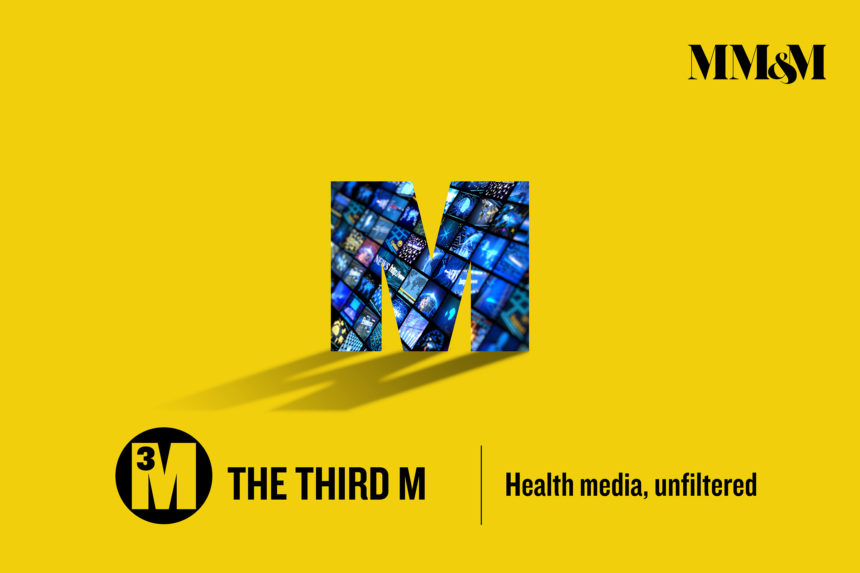When the Emerson Clinical Research Institute’s Diversity Health Foundation partnered with Telemundo and backers like Medidata and Genentech to launch the weekly TV show Tu Salud Tu Familia (Your Health Your Family) in 2019, it did so with an ambitious goal: to educate skeptical Latinx viewers about the importance of participating in clinical trials. More than a year later, the organization finds itself with a better time slot – Saturday mornings at 11:30 a.m. on Telemundo across Washington, D.C., Maryland and Virginia – and a Capital Emmy Award (in the category of health/science – program/special) to its name.
Here, ECRI site director Dr. Audrey Escobedo-Escotto and Medidata EVP, head of product Jackie Kent share five learnings from the show’s first two years.
1. Education is paramount, especially with communities that are mistrustful of pharma and physicians
Ever since ECRI was founded seven years ago, it has focused on the need to bring more diverse populations into clinical trials. The task proved challenging, owing to what Escobedo-Escotto characterized as “a lot of misperception” about what participation in clinical research entails.
“Tu Salud was a dream, basically,” Escobedo-Escotto said. “We thought, ‘We should have a TV show to educate this population about why clinical trials are important and how you can change so much by participating.’ That’s literally how it came up.”
2. But all such education efforts need to be buttressed with technological infrastructure.
That’s where Medidata, the company behind a much-used clinical development and data platform, comes in. Kent described the decision to support Tu Salud right from the outset as a no-brainer.
“We have software to drive clinical trials, but we want to affect [diverse audiences] more directly,” she said. “[Dr.] Fabian [Sandoval, of the Emerson Clinical Research Institute and Tu Salud host] brought this proposal to us, but it was to do more than sponsor the TV show. We’ve gone on to do more specific work with the team on identifying these populations of diverse patients.”
3. And the efforts need to be broadly focused, as opposed to concentrating on would-be trial participants.
As the ECRI team started to sketch out broad topical parameters for Tu Salud, it quickly realized that it had to cast the proverbial wide net. That meant developing a show for a range of Spanish-speaking audiences, rather than just appealing to the candidates most likely to participate in a trial.
“You don’t need to talk to the patient per se. You need to talk to the whole family,” Escobedo-Escotto explained. “That’s just how it is. A patient can say, ‘Yes, I’d like to participate,’ but three days later they won’t show up at the site or they’ll say, ‘My mother-in-law says it won’t work.’ You need to bring the whole family into the clinic and explain to them how beneficial it could be for them.”
4. Education programs targeting long-neglected communities require significant investment and patience.
That should go without saying, but the same short-sightedness that pervades most aspects of the media business nowadays tends to cripple slow-building education efforts like Tu Salud before they can generate loyal viewership and momentum. In this instance, backers like Medidata believed in the mission from the get-go. “It wasn’t just ‘grant some money in year one and be done with it,’” Kent noted.
What helped Tu Salud’s case was the community response, both in terms of steadily increasing viewership numbers and the volume of feedback that came the show’s way. “There were lots of calls to the clinic and lots of questions on social media,” Escobedo-Escotto recalled. “That gave us confidence – ‘Okay, our TV show is really good, people are really trusting in us.’”
5. Education-first content like Tu Salud is primed to go national.
Obviously this is the goal for any program that starts small, in the realm of health or otherwise. But the viewership build, combined with a similar surge in individuals signing on to a list for future trial candidates, suggests that the appetite for health information isn’t close to being sated.
That holds double for Latinx viewers tuning in to Tu Salud every week. Asked if those audiences are underserved for health information – about clinical trials or otherwise – Escobedo-Escotto responded, “Absolutely. Access is very poor and, unfortunately, a lot of them don’t have health insurance.”
It doesn’t stop there, she added. “We’ve even seen a decrease in attendance among the Hispanic community at health fairs. They’re afraid because of the political situation. So they stay home, hearing what the neighbor is taking over the counter and thinking, ‘Maybe it can work for me.’”







